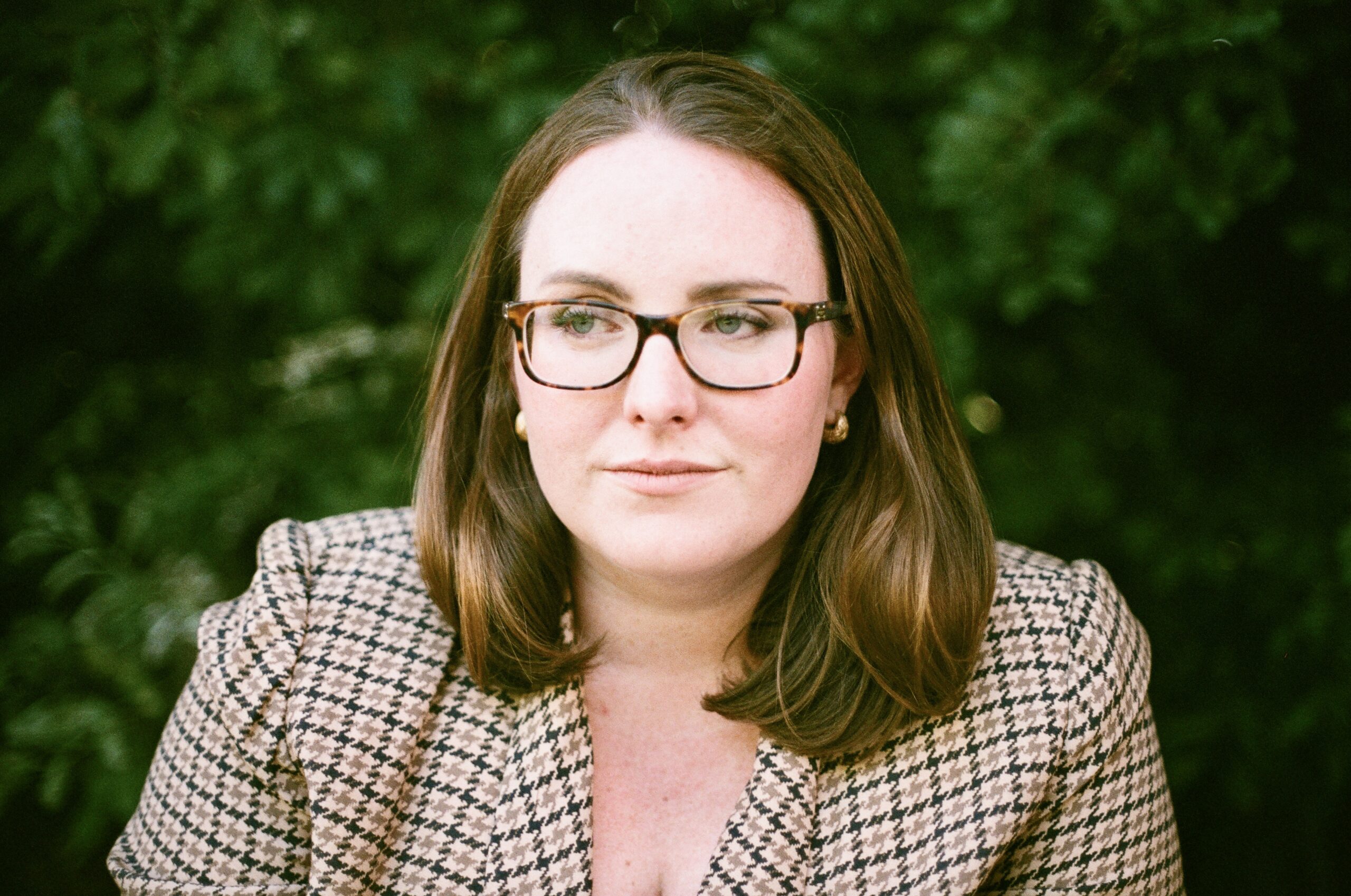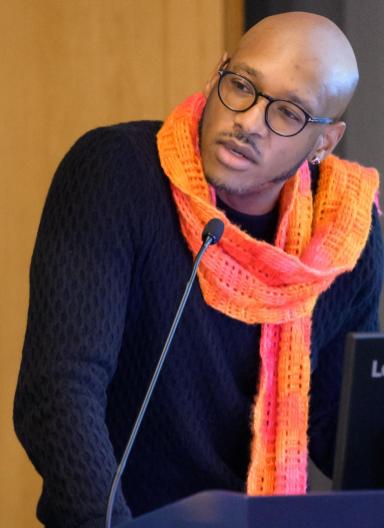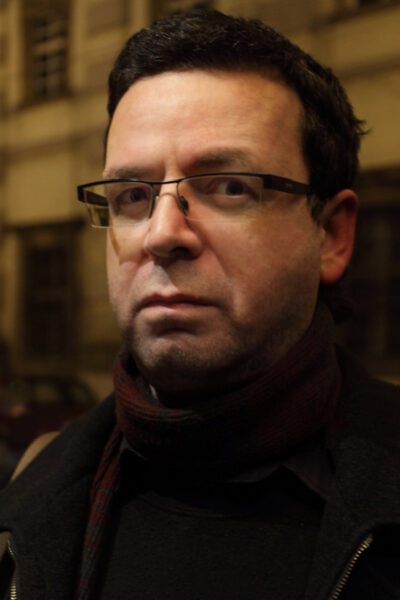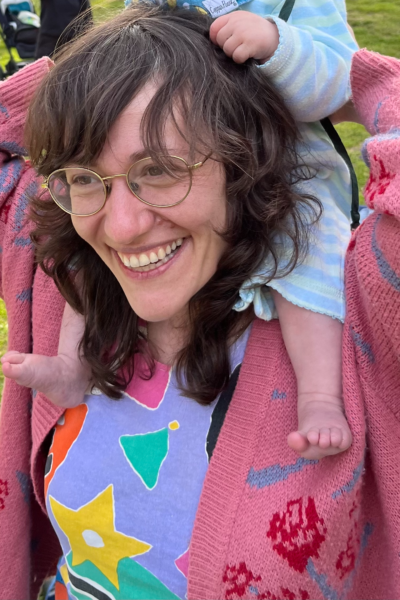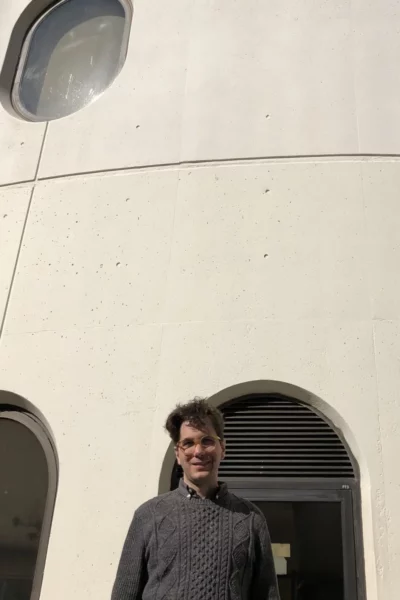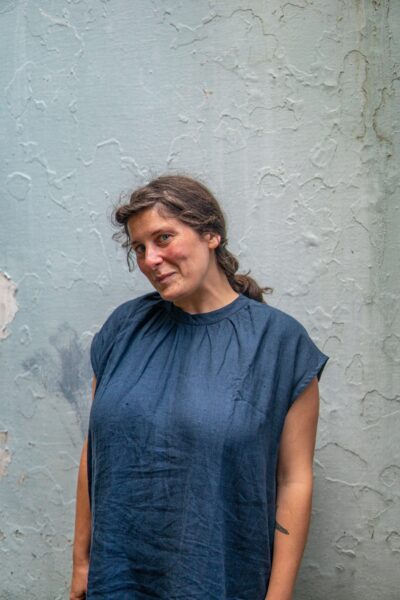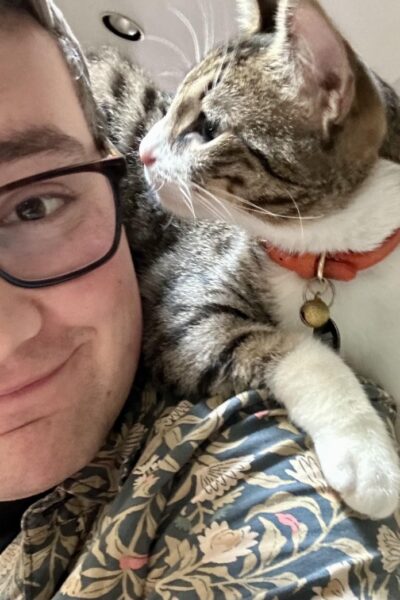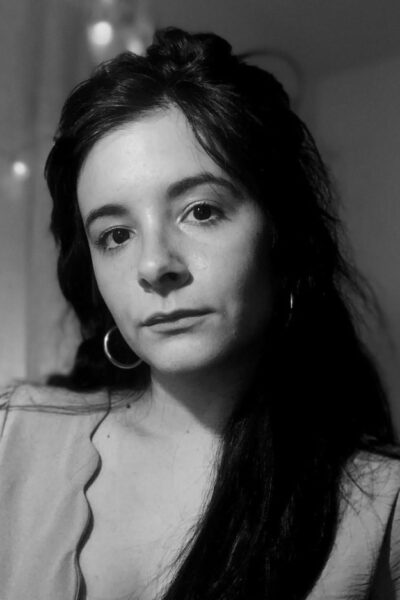It would feel a little cheap for me to just write this nice character that bad things happen to, like the version of this story where Teddy is a really likable person, and her sister disappears, her father kills himself, and she’s just with a heart of gold?
I became captivated by the way Shakespeare’s white-centric plays contain anti-Blackness, and sometimes so subtly that readers, theatergoers, stage practitioners, students, and educators gloss over such moments that construct whiteness within a dichotomy that excludes real Black people yet imagines us in some way.
It can be hard, especially for artists where “skill” and “progress” is extremely intangible, to feel like unpublished work is accumulating to something else and not just wasted, and while that’s obviously never true, it was lovely to see such a clear refutation.
A good joke should be understood straight off, just like a good aphorism.
The book is true: I had a terrible experience in grad school, it made me feel like I had nothing to say, that poetry wasn’t a place where I could say anything.
What does it mean to translate architectural or structural principles into poetic form? And how might asking these two art forms to engage with each other transform them?
A candlelit tub is like a time machine—darkness can be a form of time travel, I find. All those modern trappings get shed away.
When we widen language, we widen understanding and we widen questions. We allow for questions that we might not necessarily allow for if things are too boxed off. I feel like it’s questions that are going to get us through.
When you’re on the flat part of [a] phase transition . . . you can’t just go blitz through it. . . . You need to give that change its proper attention, like letting the water still in a pond so you can see the leaves from underneath, their reflection.
It’s easier to stay in a place that’s known to you even if it’s hurting you. So there’s a question of loyalty, whether to your country or your family, that is complicated by being a colony.



